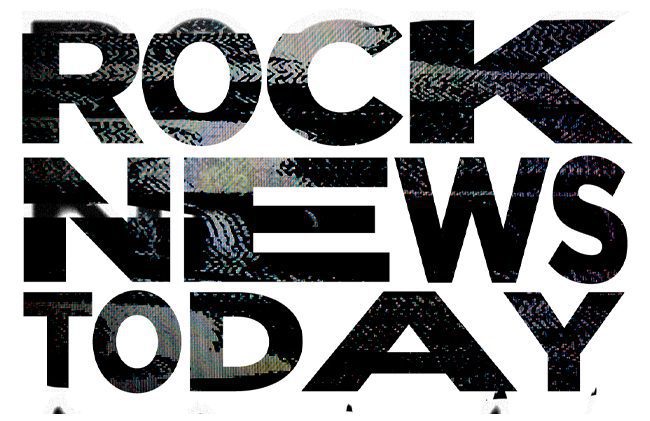
10 Best Rock Guitarists Of The 1960s – The players who made the guitar weep, cry, and groan!
In under 10 years rock bands had gone from wearing stiff suits and playing an energized version of the blues to adopting Napoleonic military jackets and flaunting a terrifying and exciting new genre, rock. Although the origins of the genre can be attributed to musicians decades earlier, the rock music of the ’60s was a different beast entirely.
It’s notable that many of the most highly regarded guitarists of this era were Brits. The British invasion marked a period when the American disciplines of rock n’ rock and the blues, were appropriated into a new, fast paced and experimental form of music.
The integration of LSD into the musicians tool kit also had a profound effect on the sounds pumping from amplifiers towards the end of the decade. This music was like nothing heard of in space, let alone on earth. Guitar playing wasn’t all about standing center, legs wide while you exhibited fast finger work, though.
It was as equally about exploring new territory, with varied tempos, different levels of effects and the integration of ever more wide-ranging genres.
Frank Zappa
Zappa was insanely prolific throughout his career, during the 1960s he recorded and produced seven albums with his band The Mothers of Invention, as well as releasing his first solo record. It would be unhelpful to describe Zappa’s early work as experimental, you could attribute that label to his entire discography.
But his initial albums were uniquely odd, a fusion of jazz, rock, blues, and avant-garde madness. Hot Rats was his first solo record, and it was as equally bizarre as his earlier work. Apart from a guest vocal appearance from Captain Beefheart, the album was an instrumental explosion of hard rock guitar fused with a healthy degree of jazz influences.
Particularly in his early career Zappa was noted for his wild and ever-changing guitar style, and although he was praised as an accomplished guitar player, he often brought in other players to share the stage with him. Notably he recruited a teenage Steve Vai as a touring member of his band during the ’80s. Vai would go to be a highly acclaimed player in his own right, but much of his sound was inspired directly by Zappa.
Jeff Beck
As was the going thing in the 1960s, Jeff Beck was in a number of bands with a plethora of well-known musicians. Listing the early groups Beck was a part of would be like reciting a scene from Spinal Tap, so let’s just say he was in a good few. He eventually replaced Eric Clapton as a guitarist for the Yardbirds, joining non-other than Jimmy Page to develop a distinctly fuzzy and distorted tone.
Beck went on to form the Jeff Beck Group in ’67, pulling in Rod Stewart on vocals and Ronnie Wood on bass. In the early days rock bands felt more akin to football clubs, with musicians constantly being traded and swapped out. It certainly sheds light on how the rock sound of that era was able to develop so quickly, all these guys were jamming, borrowing, and stealing from each other.
He’s a figure that was far more influential than most people give him credit for. All you have to do is listen to others talk about him to start realizing this guy’s contribution to the guitar.
Credits: Joshua Cooley – https://whatculture.com/music/
